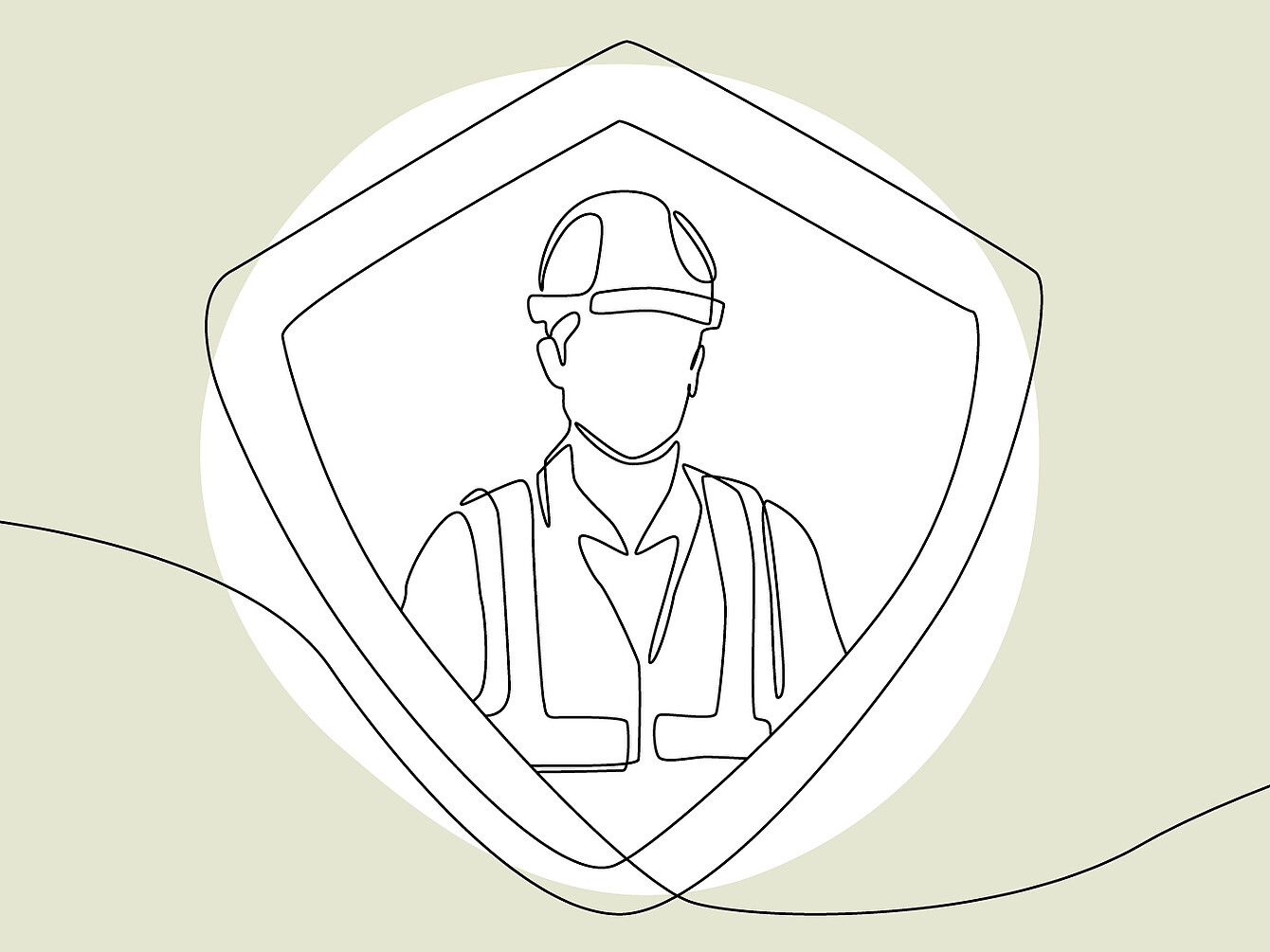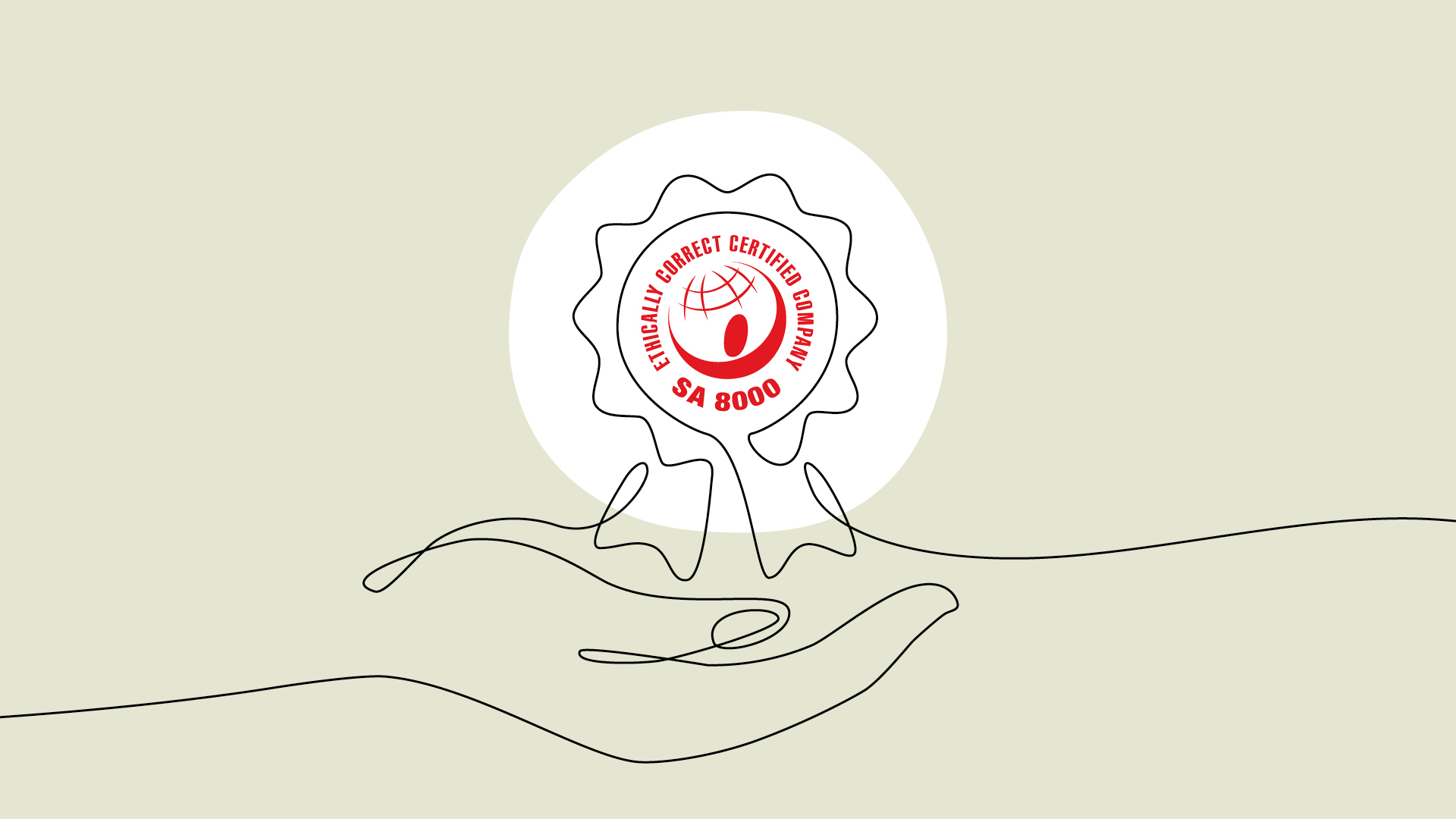Social standards in the supply chain
The effects are particularly evident in the purchasing department. Nora Trachternach (Group Director Purchasing) reports: "Since the implementation of the SA8000 standard, our work has become much more strategic. Through the criteria-based, well-founded and validated assessment of procurement markets and suppliers, we can identify risks and also actively manage them. This has led to a conscious and targeted design of our supply chain. The high level of transparency, openness and clarity in the dialogue with our partners has strengthened mutual trust – an attitude that is also noticeable in our cooperation."
The clear formulation of requirements also supports implementation on the supplier side and provides guidance. This is reflected in concrete changes, according to Nora Trachternach: "We have drawn conclusions from the assessments and made adjustments to the supply chain. It is particularly gratifying that many of our partners see this open dialogue as an opportunity for further development and are actively involved in shaping it."
Niklas Flum (Sustainability & Workplace Safety) also emphasises the positive changes: "The company has taken a number of measures in the course of implementation, including the introduction of a social performance team and a closer look at the supply chain through the introduction of annual risk management with a focus on environmental and social issues."

Awareness and transparency in everyday working life
Another significant benefit is the increased transparency and awareness at Sedus itself. Wolfgang Kautz (Chairman Workers Council) explains: "The implementation of the SA8000 standard has had a noticeable effect in that it has broadened our view of our own working environment. It has made me more aware of occupational health and safety and fair working conditions, and if implemented correctly, it can increase overall satisfaction within the company."
Progress has also been made in occupational safety. Anja Peter (Sustainability & Health and Safety) says: "Occupational safety was already an important issue in the company, right up to the top management. In addition to previous internal audits, employee interviews are now also being conducted to address possible human rights issues such as discrimination and working conditions."

Part of the corporate culture
While the changes are clearly evident in both purchasing and the everyday work of employees, the overall view of social standards is particularly tangible in sustainability management. Simon Roquette (Head of Sustainability & Workplace Safety) emphasises: "The introduction of SA8000 has helped us above all to develop a clearer and more structured approach to social issues. Many aspects had already been previously addressed, but now they are systematically anchored in the management system. It is particularly pleasing that since implementation, significantly more people are actively involved in addressing these issues."
The introduction of the SA8000 standard has not only changed individual processes at Sedus, but has also shaped the corporate culture as a whole. Greater transparency, clear structures and open dialogue with partners and employees have created an awareness that goes far beyond compliance with standards. This shows that social responsibility is not just an obligation, but creates real added value for the company and all those involved.
social media channels:


